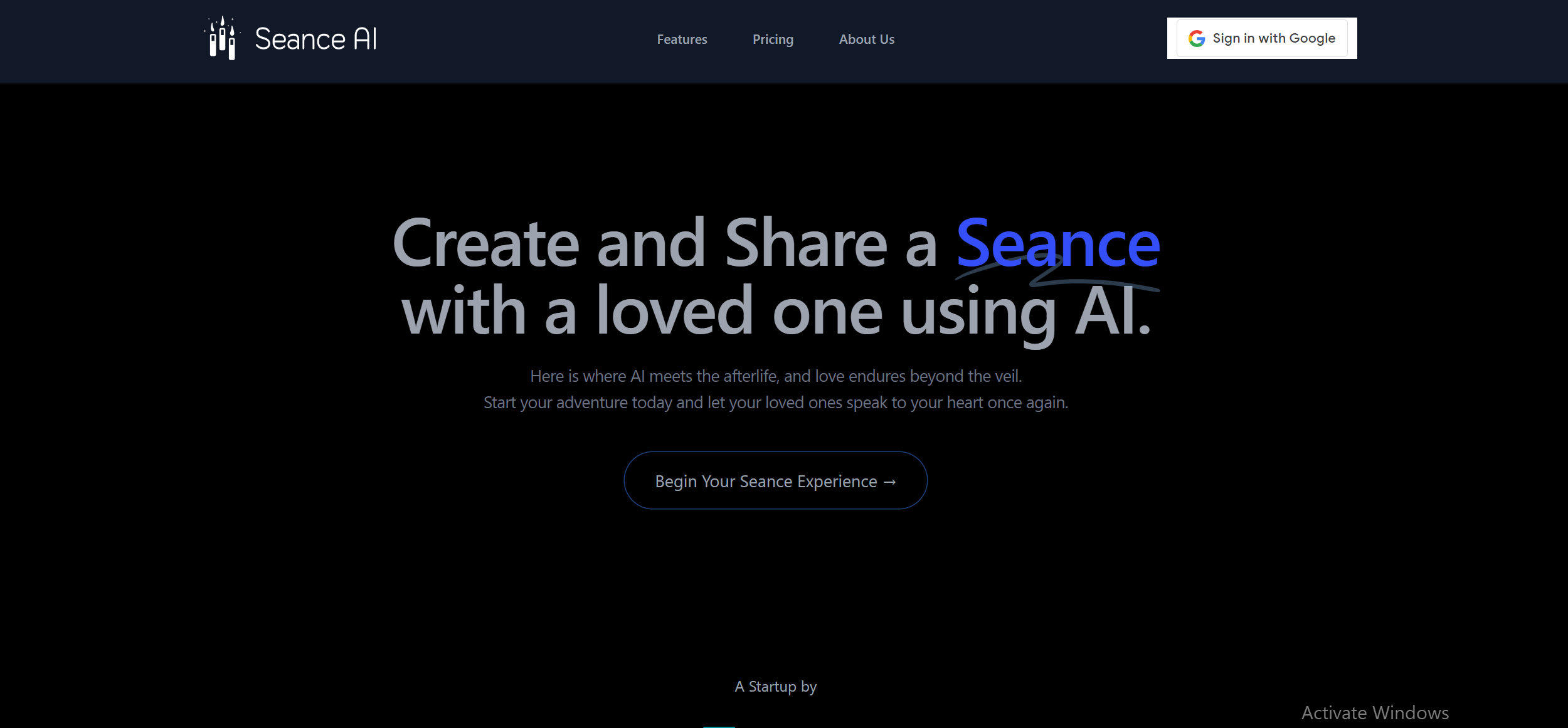Seance AI: Bridging the Gap Between the Living and the Departed
Aeon
Published on Tue Jul 18 2023. Updated at Sat May 11 2024
Introduction:
The loss of a loved one can be really painful and hard to deal with. It is a journey that often involves navigating through a range of emotions and finding ways to come to terms with the void left behind. In an unexpected turn of events, a Chinese funeral company, Fu Shou Yuan, has developed an AI technology called Seance AI, which aims to enable individuals to have conversations with their deceased loved ones. Priced at $7.3k, this groundbreaking innovation raises intriguing questions about our growing reliance on AI to cope with grief. In this article, we will explore the concept of Seance AI and ponder its implications on the human experience of loss.
Connecting with Departed Loved Ones:
Seance AI offers a unique opportunity for individuals to reconnect with those who have passed away prematurely. By inputting notes, pictures, and related materials into the AI system, users can engage in conversations that simulate the responses their loved ones would likely give based on the provided data. Essentially, it becomes a personal AI-powered ouija board, facilitating interactions with the deceased.
The Appeal and Controversy:
At first glance, the concept of Seance AI might seem intriguing and even comforting. The idea of being able to communicate with a departed loved one can provide solace and a sense of closure for those grappling with their grief. However, it also raises ethical and emotional concerns. Are we becoming too reliant on technology to handle our emotional struggles? Does this reliance hinder our ability to fully process and accept grief in a healthy manner?
Feeling versus Avoiding:
One of the fundamental aspects of grief is the emotional journey it entails. It involves experiencing and processing a myriad of emotions, including sadness, anger, and acceptance. While Seance AI may provide temporary relief by simulating conversations with the departed, it begs the question: Are we avoiding the necessary emotional work that grief demands? It is essential to acknowledge that grief is a deeply human experience, and numbing it with the aid of technology might hinder our growth and healing process.
The Ethics of AI in Grief:
As we move toward an increasingly technologically driven world, it is essential to consider the ethical implications of relying on AI to manage our emotional well-being. Seance AI blurs the line between the natural grieving process and artificially generated conversations. Does this technology provide a healthy outlet for grief, or does it encourage individuals to detach from their emotions and seek solace solely through artificial means? These questions merit careful consideration and further exploration.
Conclusion:
Seance AI presents a fascinating yet controversial development in the realm of grieving and bereavement. While the prospect of conversing with departed loved ones may provide temporary comfort, it is crucial to reflect on the potential long-term effects of such reliance on technology. Grief is a deeply personal and transformative journey that requires us to face our emotions head-on, allowing ourselves to feel and heal in the most authentic and human way possible. As Seance AI is released, it becomes increasingly important for society to navigate the intersection between technology and emotional well-being with thoughtful introspection and open dialogue.
